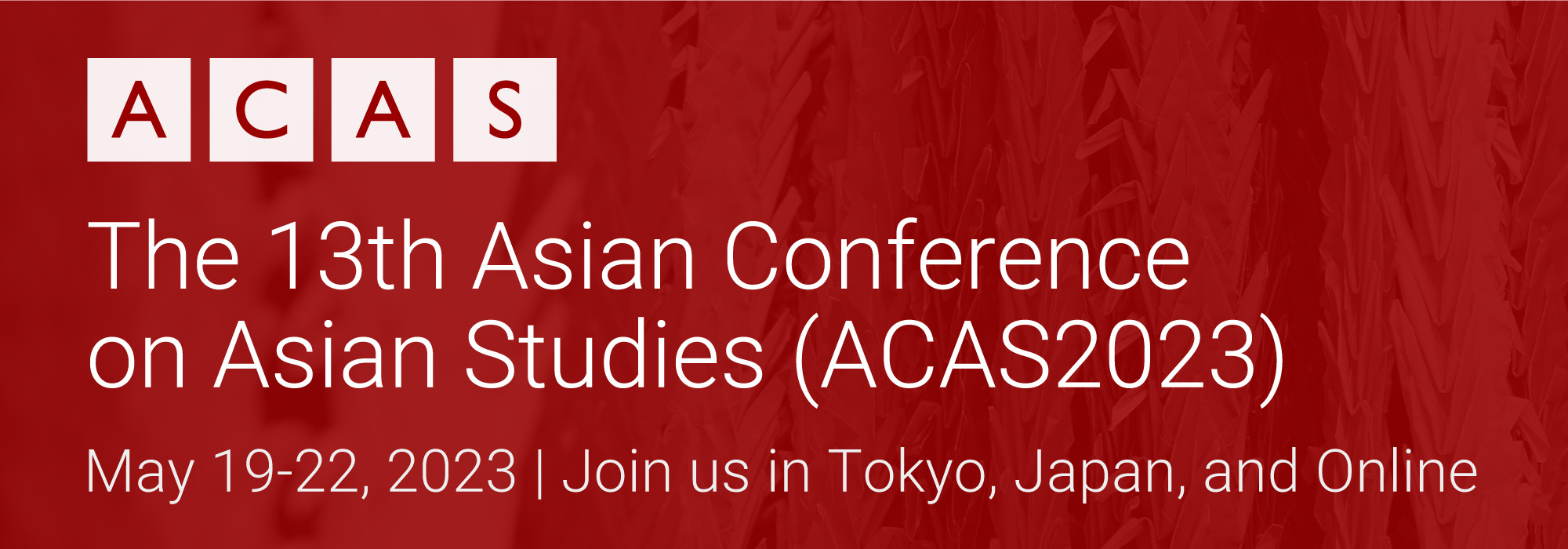In the last two decades, Japanese universities have been struggling to attract young students taking entrance examinations for universities, because 18-year-old students are drastically decreasing in number due to Japan’s falling birthrate. It is said that the number of 18-year-old students will be the lowest ever in 2018, and a great number of private universities will be forced to close. In order to survive, universities in Japan are now reorganising their academic systems, and sometimes replace unpopular departments with new and perhaps more attractive departments. The current situation for universities goes along with the globalising movement in the academic world, and some traditional disciplines such as English, French, German or Russian literature (so-called national literatures) are replaced by global/regional studies or communication studies. In these new departments, cultural studies are widely accepted since they are recognised as interdisciplinary studies. However, interdisciplinary studies are still difficult for some academics to accept, especially those with a strong base in traditional disciplinary studies. I would like to examine questions about cultural studies in this globalising age: how to combine disciplinary and interdisciplinary studies.
Disciplinary and Interdisciplinary Studies in Today’s University Systems

